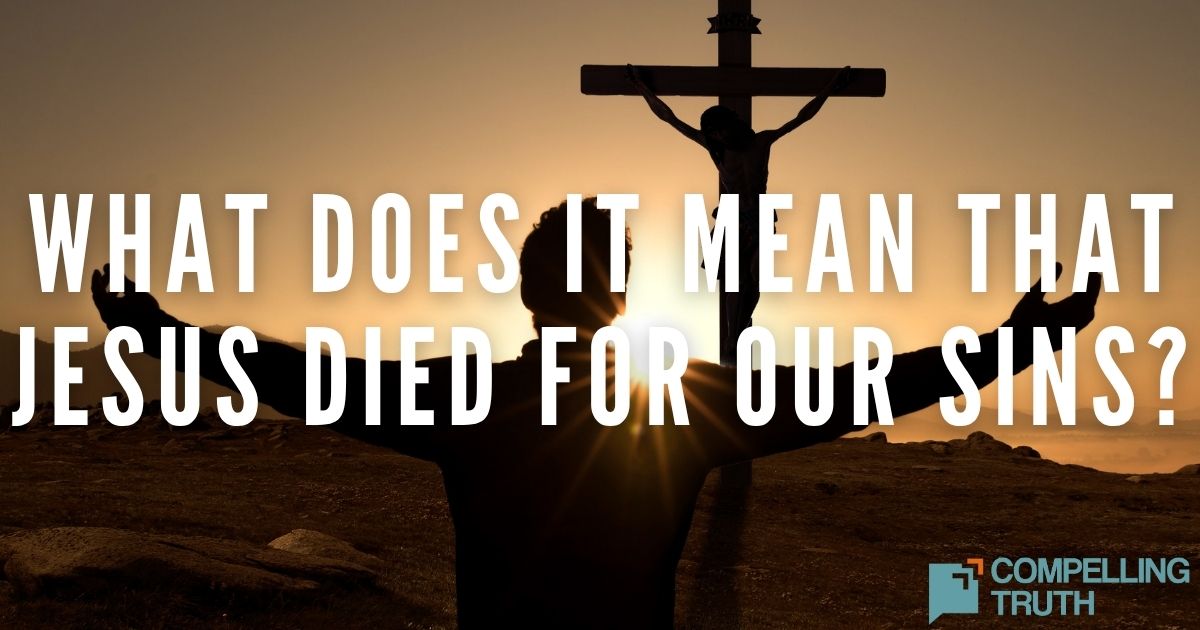what does the bible say?
The doctrine of substitution teaches that God provides a substitute to take the sinner’s place so that guilt is removed and forgiveness is given. This is exemplified when God clothed Adam and Eve after they sinned (Genesis 3:21), in Israel’s sacrifices that symbolized guilt transferred to another (Exodus 29:41–42; Numbers 29:2), on the Day of Atonement with the scapegoat (Leviticus 16), and at Passover when lamb’s blood spared from judgment (Exodus 12:13). Each of these points to the truth that sin results in death, and forgiveness is possible through the death of another. However, they also demonstrate that animal sacrifices were insufficient substitutes (Hebrews 9:22; 10:4).
The New Testament declares Jesus as the true and final substitute. Fully human, He could stand in our place, and sinless, He could bear sin without guilt of His own (Hebrews 4:15). On the cross, God accounted our sin to Him and His righteousness to us (2 Corinthians 5:21). He suffered for sins to bring us to God (1 Peter 3:18), then rose in victory, proving that His sacrifice is enough for eternal life (Romans 10:9). Salvation is received through repentance and faith, trusting Him alone for forgiveness (John 1:12; Ephesians 2:8–9).




